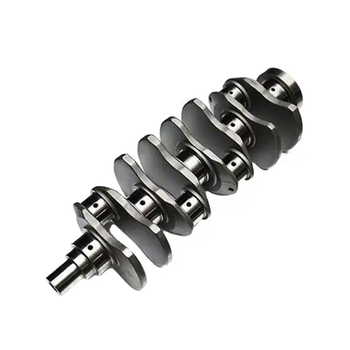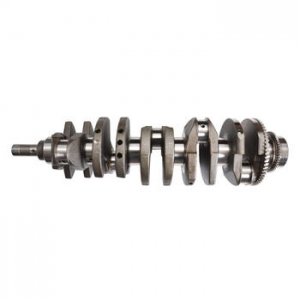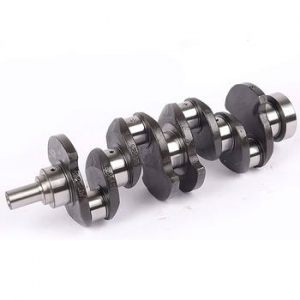Introduction
When it comes to vehicle maintenance, engine performance is a top priority. Crankshafts play a crucial role in this aspect, and aftermarket crankshafts can be an excellent solution for those seeking better performance or replacement parts. In this article, we'll delve into the world of aftermarket crankshafts, discussing their benefits and considerations to help you make an informed decision.
The Advantages of Aftermarket Crankshafts
Improved Engine Performance
To be honest, one of the most significant advantages of aftermarket crankshafts is the potential for improved engine performance. Aftermarket manufacturers often invest in research and development to create crankshafts that offer better balance, strength, and durability. This can result in smoother operation, increased power, and even better fuel efficiency.
Cost-Effective Solution
Frankly speaking, original equipment manufacturer (OEM) parts can be quite expensive. Aftermarket crankshafts, on the other hand, are often more cost-effective without sacrificing quality. This can make them an attractive option for budget-conscious vehicle owners who still want reliable performance.
Wide Range of Options
Aftermarket crankshafts come in various materials, designs, and specifications, providing vehicle owners with a wide range of options to suit their needs. From high-performance racing crankshafts to heavy-duty options for commercial vehicles, there's an aftermarket crankshaft for virtually any application.
Factors to Consider When Choosing Aftermarket Crankshafts
Material and Design
When selecting an aftermarket crankshaft, it's essential to consider the material and design. Common materials include cast iron, forged steel, and billet steel. Each has its advantages and disadvantages in terms of strength, weight, and cost. Additionally, consider the crankshaft design, such as the stroke length and rod journal size, to ensure compatibility with your engine.
Manufacturer Reputation and Warranty
In my experience, choosing a reputable manufacturer is absolutely necessary when it comes to aftermarket parts. Look for manufacturers with a proven track record of producing high-quality, reliable crankshafts. Additionally, be sure to check the warranty offered, as this can provide peace of mind and protection against defects or premature failure.
Installation and Compatibility
Before purchasing an aftermarket crankshaft, ensure that it's compatible with your engine and that installation is feasible. Some aftermarket crankshafts may require additional modifications or machining, which can add to the overall cost and complexity of the installation process.
Conclusion
Aftermarket crankshafts can provide numerous benefits, including improved engine performance, cost savings, and a wide range of options. However, it's essential to consider factors such as material, design, manufacturer reputation, and compatibility when choosing the right crankshaft for your vehicle. By doing so, you can enhance your engine's performance while staying cost-effective and ensuring reliability.




